India is accused of two international assassination plots. What happens now?
Reactions from India to the allegations from Canada and the US have been very different – in part because of their relative importance as allies. Experts tell Shweta Sharma that for both Washington and New Delhi, the reality is that the relationship is simply too big to fail

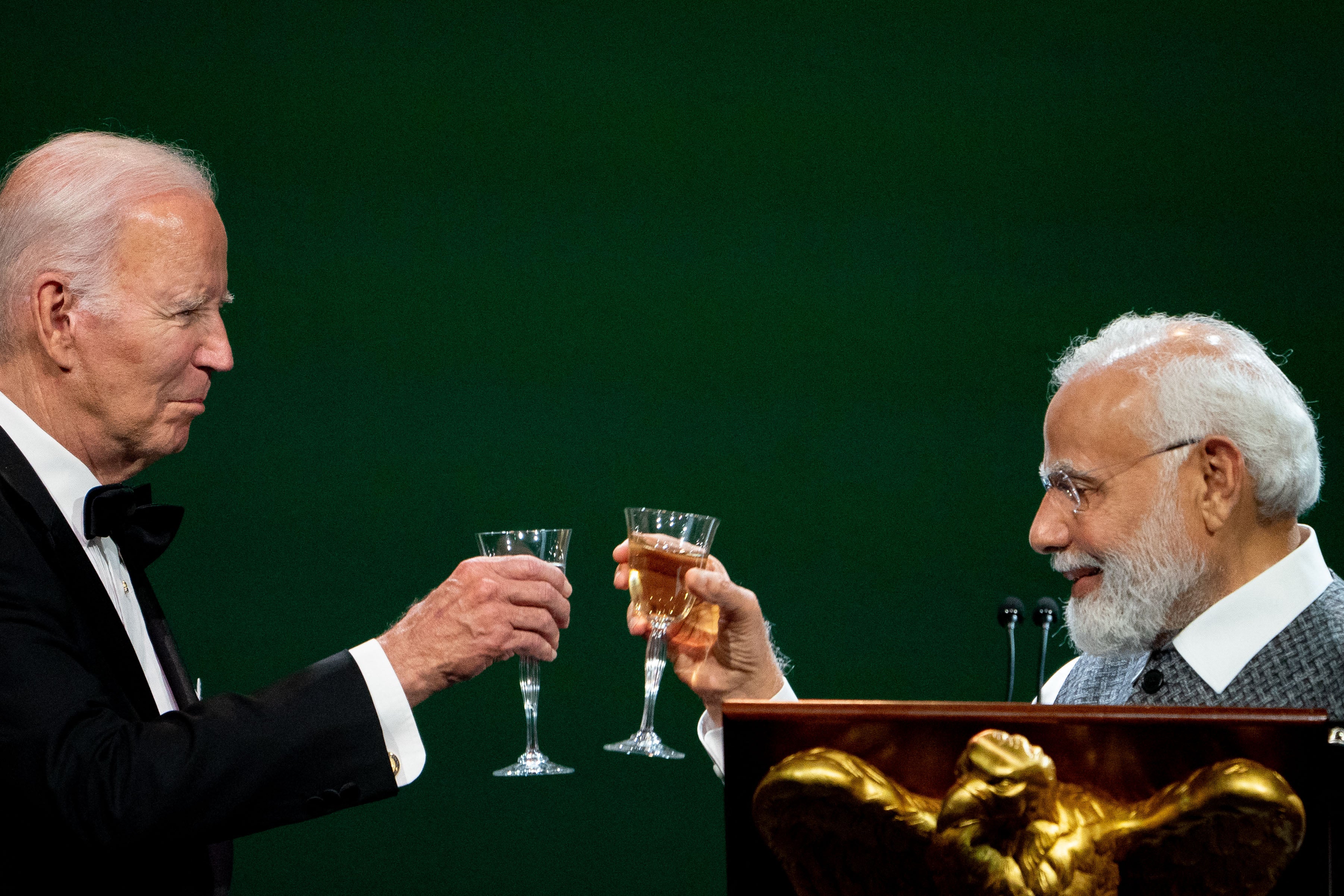
When Canada’s Justin Trudeau publicly accused the Indian government of involvement in the assassination of a Sikh Canadian citizen, New Delhi responded furiously to what it called the “absurd” suggestion, as diplomatic relations between the two countries crashed through the floor.
Less than two months later, and US prosecutors have levelled serious allegations of a similar nature, albeit involving a thwarted plot, of an assassination bid on US-based Sikh separatist Gurpatwant Singh Pannun last spring.
Unlike Canada, American prosecutors have spelled out the full details of the accusations in an unsealed indictment of an alleged murder-for-hire conspiracy, and charged Indian national Nikhil Gupta, 52, in the case.
The back-to-back allegations by two members of the Five Eyes intelligence alliance have posed a huge diplomatic challenge for India, with Washington’s accusations giving added weight to Ottawa’s and raising questions about a larger campaign to target and silence Sikh separatist leaders abroad.
India’s response to the US allegations has been much more nuanced, saying it takes the US “inputs seriously”, and forming what it says is a high-level investigative committee.
“As regards the case against an individual that has been filed in a US court, allegedly linking him to an Indian official, this is a matter of concern,” an Indian foreign ministry spokesperson said on Thursday. “This is also contrary to government policy.”
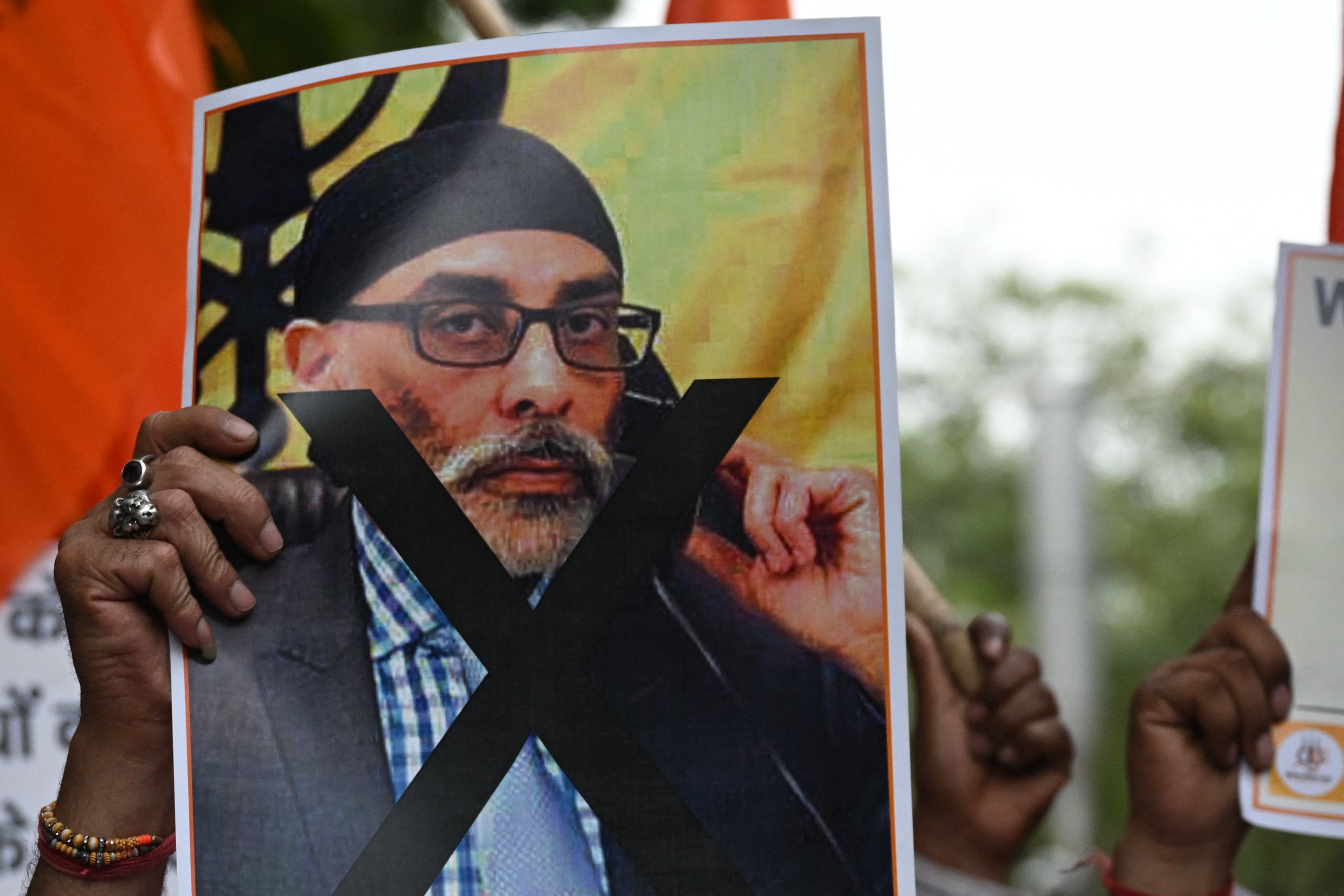
The allegations are expected to loom large over US-India relations for some time to come, with the Biden administration now saying it has been repeatedly raising its concerns with New Delhi during several leaders’ meetings since the alleged plot was foiled. It comes just as relations were growing closer, with both Washington and New Delhi seeking an ally to counter China and boost their trade partnership. US-India ties were recently characterised by Indian foreign minister S. Jaishankar as at “all-time high” and anticipated to “go to the moon”.
Michael Kugelman, a south Asia foreign policy expert, says that in isolation this incident’s “damage to US-India ties will be modest”, describing the relationship as too big to fail.
“The US-India relationship has too much deep trust, expansive cooperation, and strategic convergences to be damaged by this situation. Still, this is the first time US officials have had to grapple with the possibility that a key strategic partner carried out an attack on US soil,” he tells The Independent.
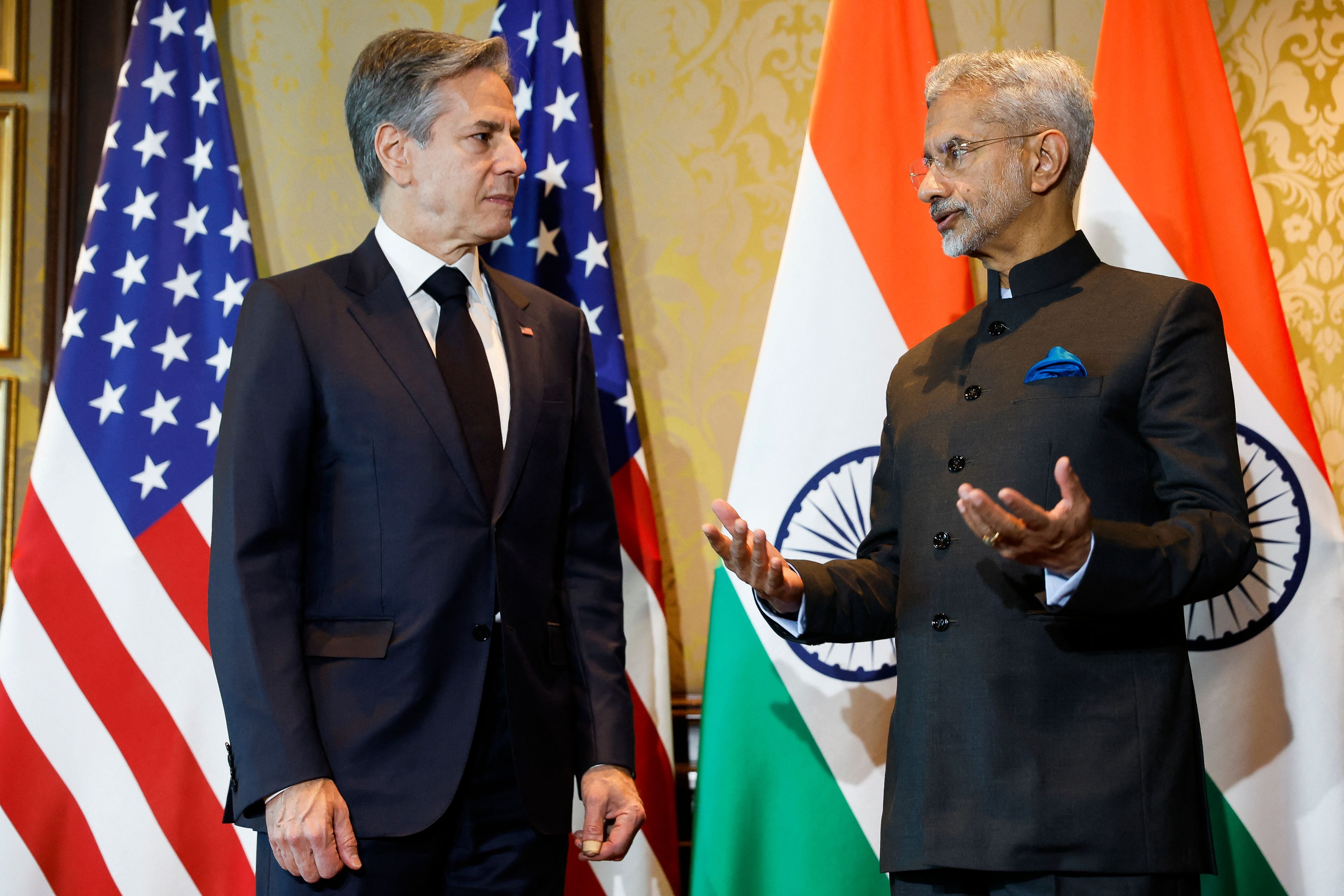
While there will be some impact on how Washington perceives India’s policies, there would be “major implications” if India crossed the red line by attempting a similar attack.
“Trust won’t be undermined but it may be a bit shaken,” says Mr Kugelman.
Anil Trigunayat, former Indian diplomat to Jordan, Libya and Malta tells The Independent that the fallout on ties will depend on the outcome of the investigations that India undertakes.
“At this stage, I do not see the allegations impacting the bilateral relationship in any big way,” he says.
Mr Trigunayat, who also served as India’s trade commissioner in New York, says the Indian government will now review the intelligence provided by the US and take into account all the data that the Americans have shared.
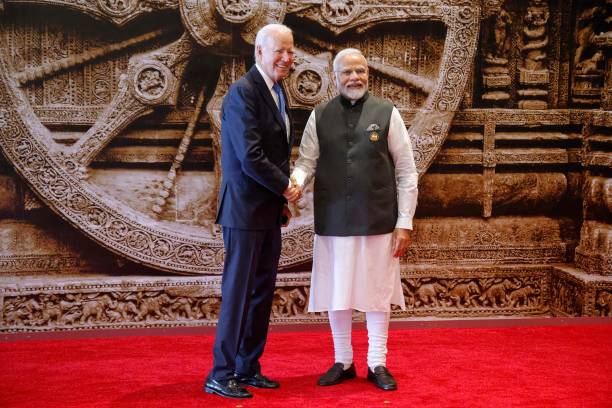
“There is a possibility that independent groups or individuals are involved, but until substantiated by irrefutable evidence, further scrutiny by other agencies will determine how actionable the intelligence shared by the Americans or any other friendly agency can be,” he adds.
The White House has said it raised the issue of the alleged covert operation with India at the most senior levels and the Indian side responded with “surprise and concern”.
A senior Biden administration official said that President Biden was so concerned by the murder-for-hire allegations that he dispatched top US intelligence leaders, including CIA director William Burns and director of national intelligence Avril Haines, to New Delhi to raise the issue.
Mr Burns travelled to deliver the message that “we will not tolerate such activities and that we expect those responsible to be held fully accountable”, a senior US official said.
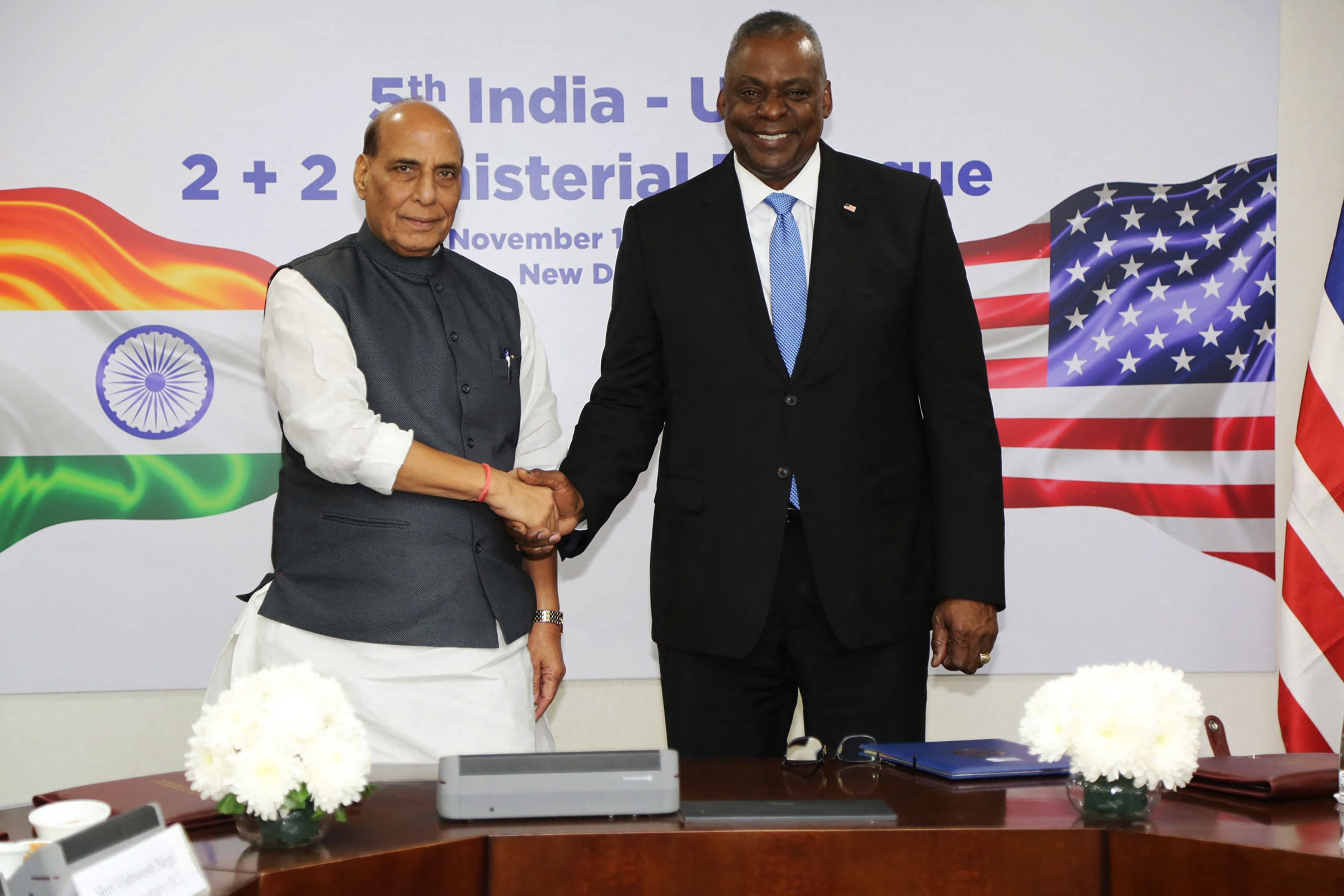
“The Modi government should not think that ignoring this case will make it go away,” says Jonah Blank, a former US government official and political scientist based in Singapore. He said the involvement of top American diplomats and the CIA chief shows Washington is already strongly convinced of the Indian government’s complicity.
The allegation was first reported by the Financial Times on 22 November, stating that the US had warned New Delhi about its alleged involvement in the plot to kill Mr Pannun.
According to prosecutors, the Indian official recruited Mr Gupta in May 2023 to lead the assassination in the US and the two met in Delhi to discuss the plot.
“We will hit all our targets,” Mr Gupta said in one of the text messages to the official, according to the document.
Mr Gupta proposed acting as a client to attract the target, “to a place where he could be more easily executed”, the indictment said. He intended to meet a hitman in New York City but was instead introduced to an undercover law enforcement officer who offered to carry out the killing for $100,000, it said.
On 9 June, prosecutors allege that Mr Gupta made an upfront payment of $15,000 through an associate, a transaction allegedly documented in a photograph included in the indictment.
Mr Gupta was arrested in the Czech Republic in June and is awaiting extradition to the US. The Indian government official has been described as a “senior field officer” who worked for “security management” and “intelligence”, but has not been named.
Mr Pannun, who is the general counsel of the separatist group Sikhs for Justice, has been designated a terrorist in India and his organisation banned.
He has been involved in organising a string of non-binding referendums calling for a separate state for Sikhs in India in countries with large Indian diasporas, including Canada, the UK and Australia.
Most recently, India’s federal anti-terrorism agency filed a case against Mr Pannun for issuing an alleged threat to Air India passengers. Mr Pannun had issued a vaguely-worded warning for “the Sikh people” to avoid travelling with the carrier on a specific date “or your life will be in danger”. None of the alleged threats made in the video materialised.
Mr Kugelman says going forward India will carry out its own investigation but it cannot be said to what extent it would cooperate with any requests coming out of the US.
“New Delhi is keen not to damage its ties with the US, but these are sensitive issues and so it’s hard to know how exactly it will respond,” he said.
Mr Blank said the allegations were doing immeasurable harm to the international goodwill that India as a nation has built up ever since its independence.
“Few nations have completely clean hands, and the US certainly has its share of shady overseas actions. But none of the victims of India’s alleged overseas assassination schemes posed any plausible threat to the nation’s security. Is it even remotely worth the high cost,” he asked.
Join our commenting forum
Join thought-provoking conversations, follow other Independent readers and see their replies
Comments
Bookmark popover
Removed from bookmarks